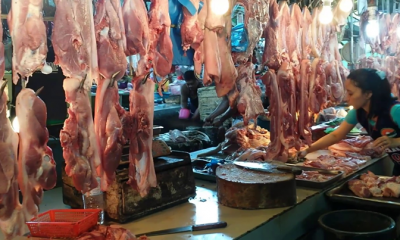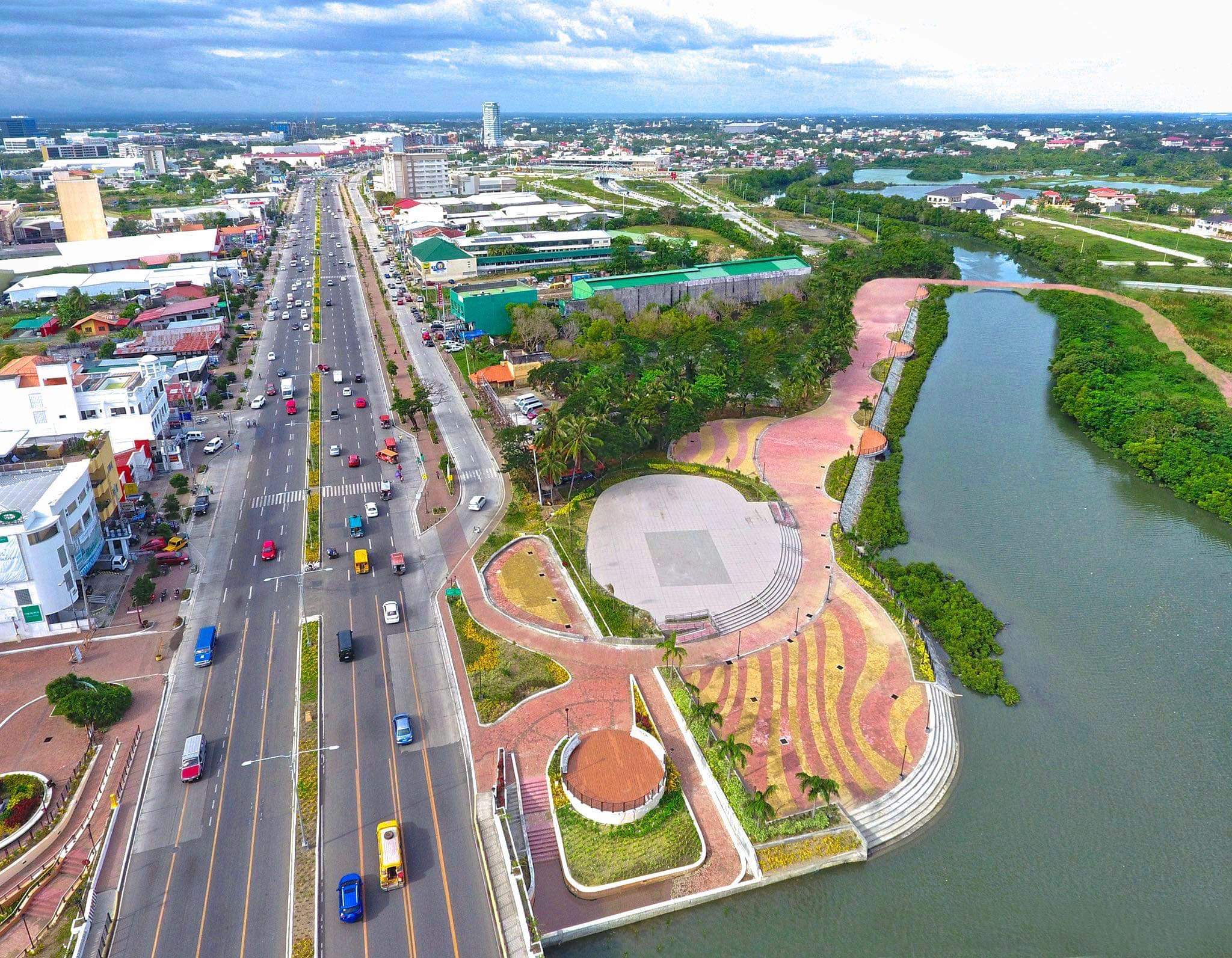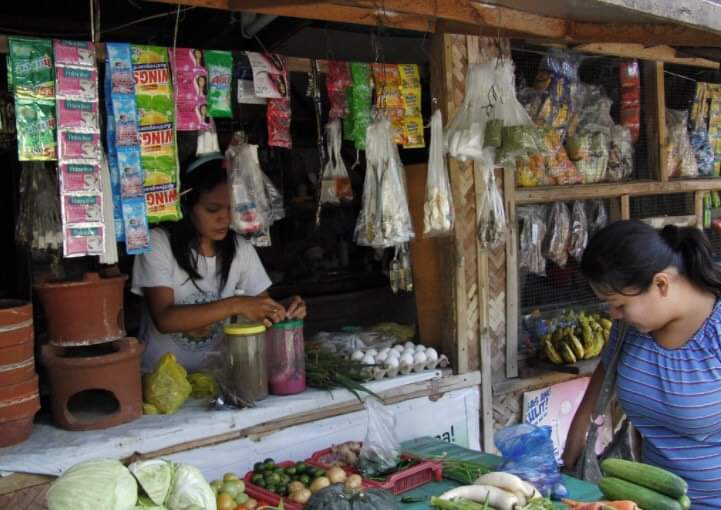Business
From Corn Chips To Budget Trips: Get to know John Gokongwei Jr.
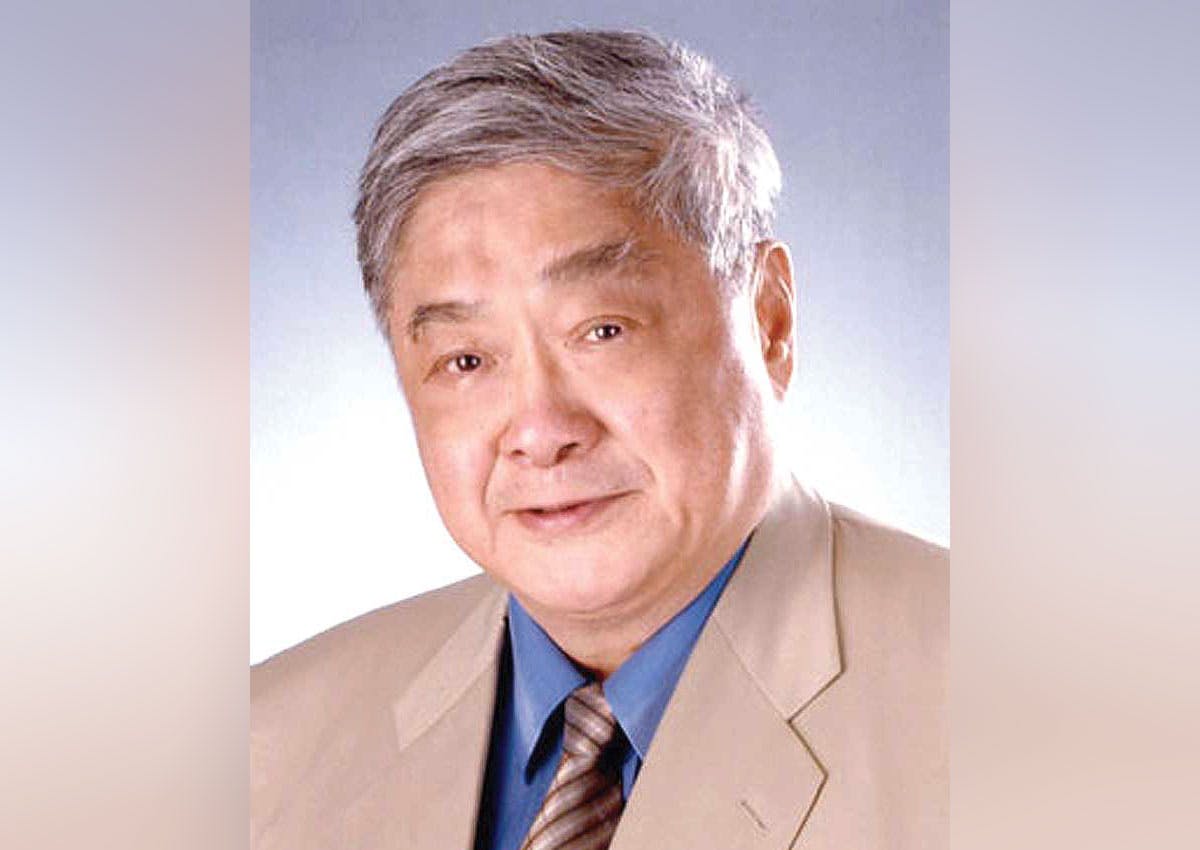

Get to know the country’s third richest man through the companies he built and the innovations it introduced that changed the landscape of Philippine business.
It’s hard to imagine many consumer products and services today without thinking of John Gokongwei Jr.
The Filipino-Chinese entrepreneur and philanthropist died Saturday night, Nov. 9, 2019 at the age of 93 surrounded by family at the Manila Doctors Hospital in Manila.
His status as the country’s third richest businessman, with a wealth of $5.3 billion according to Forbes magazine was anchored on his establishment of several companies under the umbrella of his holding company JG Summit Holdings Inc., one of the country’s largest conglomerates.
Under the umbrella, Gokongwei’s investments range from food and beverage, convenience stores, shopping malls and airlines to real estate, banking and petrochemicals.
As such, numerous products and services that many Filipinos enjoy today were developed, if not distributed, by the companies that Gokongwei built.
From riches to rags and back
Born in Fujian, China in 1926, Gokongwei grew up in Cebu City to a wealthy family. His grandfather Pedro Gotianco was a successful owner of agricultural mills in the province, while his father ventured into the movie theater business.
However, the onset of World War II and his father’s death changed Gokongwei’s lifestyle from riches to rags. To make ends meet, he had to stop his schooling and peddle tires, candles, and other products on consignment in the streets of Cebu.
Later, he brought his merchandise to Manila by ferry and sold his products on the sidewalks. He continued this until he was able to save enough money to start his own store.
His first company, Universal Robina Corporation (URC), was established in 1954 in Pasig as Universal Corn Products. According to the company’s website, it started out as a manufacturer of cornstarch and eventually diversified to other food and beverage products.
URC developed a number of products that have become part of the Filipino childhood experience. Candies such as Nips and Cloud Nine, corn chips like Chippy, Nova and Piattos, and biscuits such as Magic Flakes, Cream-O and Quake Cake became staples in children’s lunch boxes and sari-sari or neighborhood convenience stores.
Other URC food and beverage products that have become household names include Great Taste Coffee, Nissin Cup Noodles and Swiss Miss.
In 2004, Gokongwei also introduced C2, the first locally developed ready-to-drink bottled tea, which replicated in the country the success of Japanese bottled teas in East Asian markets. With its success in the Philippines, the product was eventually exported to other Southeast Asian countries such as Vietnam and Indonesia.
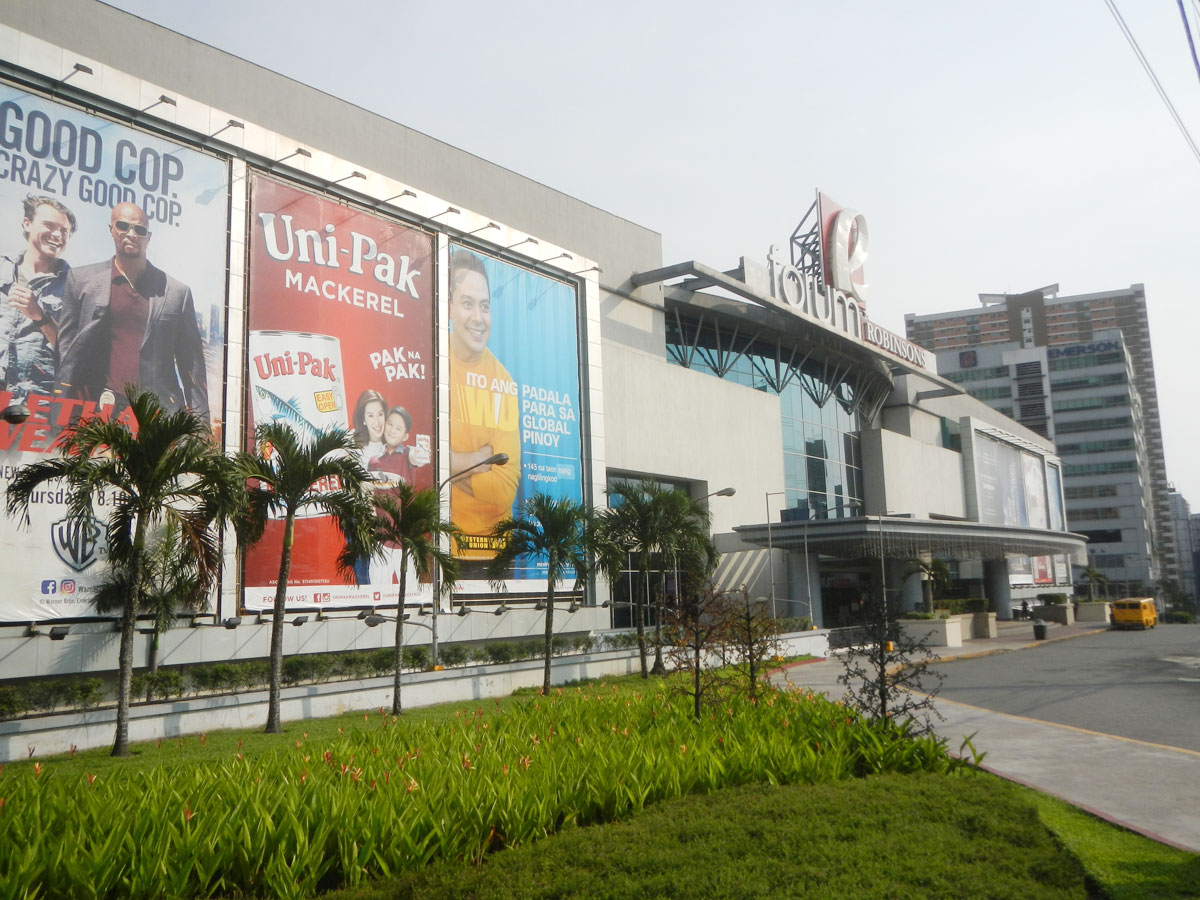
Building a retail empire
The successful growth of Universal Robina Corp. enabled Gokongwei to diversify into other industries, beginning with retail.
In 1980, he opened the first Robinsons Department Store in Ermita, Manila. The store competed with other department store chains that were budding at the time such as Shoemart, Rustan’s and Ever.
Five years later, Gokongwei established a branch of his department store business in Cebu and introduced the first Robinsons Supermarket, which provided his food and beverage products a permanent retail outlet.
He later combined his department store and supermarket business into his first mall, Robinsons Galleria, which opened in 1989 at the corner of EDSA and Ortigas Avenue in Pasig.
As of 2017, Robinsons Malls has 47 branches nationwide. Stand-alone department stores can be found in 52 malls, while the supermarkets are in 252 locations nationwide.
Gokongwei manages all 13 of his retail businesses under the holding company Robinsons Retail Holdings (RRHI), which he established in 2002.
Aside from Robinsons Department Store and Robinsons Supermarket, RRHI’s 2018 annual report lists brands such as hardware stores Robinsons Handyman and TrueValue, appliance stores Robinsons Appliances and Savers Appliances, toy store Toys R Us, and Japanese thrift store brand Daiso.
Also under the RRHI umbrella is the convenience store chain Ministop, which Gokongwei brought to the country in 2000 to challenge the dominance of Japanese-American convenience store chain 7-Eleven.
To distinguish itself from its competitor, Ministop introduced freshly cooked and ready-to-eat affordable meals such as Uncle John’s Fried Chicken, Toppers rice meals, Kariman as well as fried and steamed dumplings. It soon became popular among the urban working class because of its accessibility and low prices.
This unique selling point, combined with the introduction of a franchise system, enabled Ministop to expand to 499 branches nationwide as of 2018.
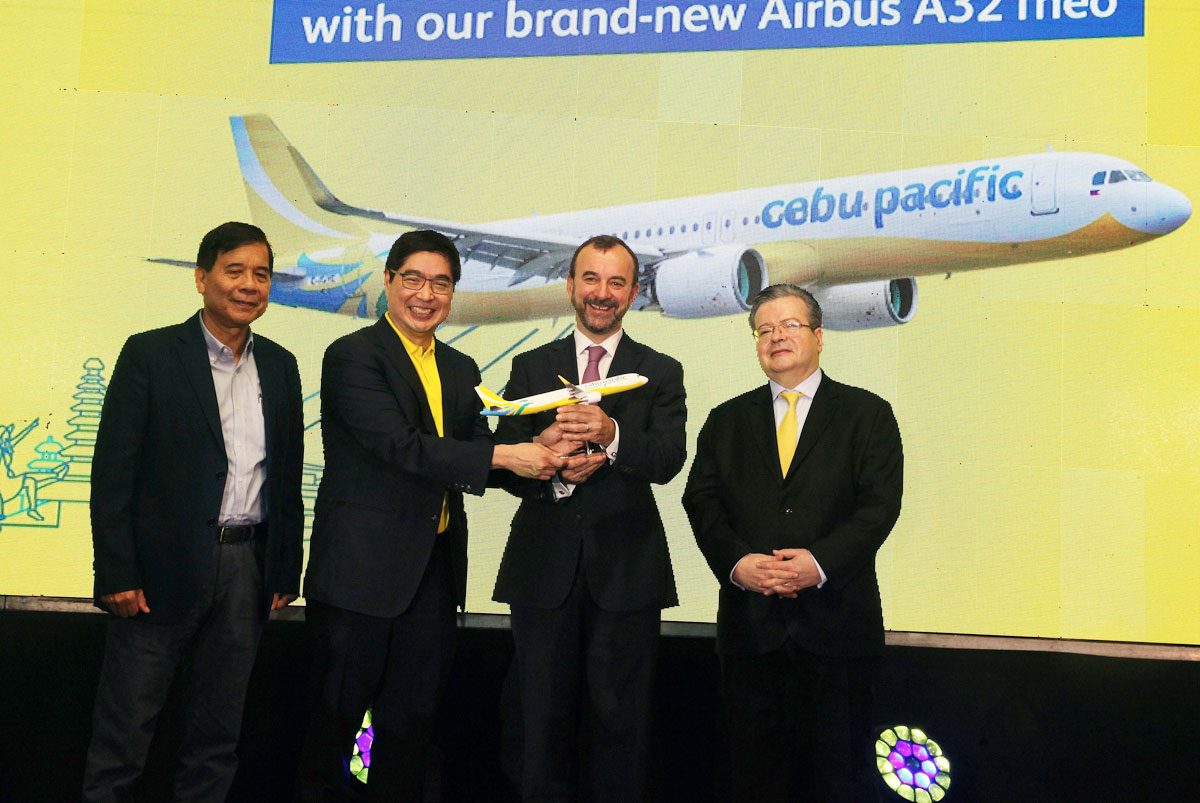
Taking flight
Apart from his success in retail, food and beverage businesses, Gokongwei reached greater heights in his venture into the airline industry with the establishment of Cebu Pacific in 1996.
At a time when flag carrier Philippine Airlines dominated the local airline industry, Gokongwei took a huge gamble in establishing Cebu Pacific. To compete, he provided a no-frills but more affordable option in local air travel. Filipinos were quickly hooked.
With only four aircraft, and despite a major setback with the crash of Cebu Pacific Flight 287 in 1998, the airline has successfully grown into a fleet of 71 planes and a network of 37 domestic and 26 international destinations, according to its 2018 annual report. It has also offered a number of features commonly found in full-service airlines such as cargo, in-flight meals, a loyalty program, a corporate program, and flight and hotel packages.
According to Centre for Aviation, Cebu Pacific overtook Philippine Airlines in 2010 as the largest airline in the country in terms of number of passengers carried domestically. In 2018, Cebu Pacific moved 20.3 million passengers, 2.7 percent higher than in the previous year.
Other ventures
Building on the success of UR, RRHI and Cebu Pacific, Gokongwei established several other companies to further expand his investment footprint in a wide range of industries, all of which are mentioned in the JG Summit corporate profile on its website.
Robinsons Land, which is the real estate arm of JG Summit Holdings, was established in 1980 to manage the construction on Robinsons Malls. It later ventured into construction of office and residential buildings, industrial and residential estates, and hotels and resorts.
Among Robinsons Land’s latest brands is GoHotels, a chain of budget hotels strategically located in areas being served by Cebu Pacific flights and where Robinsons Malls are located. From its first location in 2012, the budget hotel now has 16 branches nationwide.
To support the financial services needs of his businesses, Gokongwei also established Robinsons Bank in 1997 as a savings bank. It grew through the acquisition of several other banks such as the ABN Amro Bank, Royal Bank of Scotland (Philippines) and Legazpi Savings Bank
As of 2018, Robinsons Bank is now a full-service commercial bank with 150 branches nationwide and a net income of P317 million. Aside from regular savings, it offers a number of financial services such as Visa and MasterCard credit cards, online and mobile banking, ATM banking, and life insurance products (through Pru Life UK).

In the same year as Robinsons Bank, Gokongwei ventured into print media with the establishment of Summit Media. It published several magazine brands such as Candy, Cosmopolitan, FHM Philippines, Esquire Philippines, Preview, Smart Parenting, Town and Country, K-Zine and Top Gear Philippines.
In 2018, driven by the decline in the print industry, Summit Media decided to cease publication of several key magazines and instead focus on digital media. It remains the largest digital lifestyle network with 25.1 million readers, according to its website.
Gokongwei also ventured into a joint venture with Japan’s Marubeni Corp. in 1994 to establish JG Summit Petrochemicals. The company’s two petrochemical plants in Batangas produce polyethylene and polypropylene products for export abroad. In 2007, JG Summit bought out Marubeni’s shares in the company, becoming the sole owner.
More than a cunning businessman, Gokongwei was also a philanthropist who committed his companies to be socially responsible. On his 80th birthday celebration in 2006, Gokongwei himself announced that he was donating at least P20 billion of his wealth to charity.
Moreover, all his companies under JG Summit Holdings have corporate social responsibility roadmaps and have participated in various socially responsible activities ranging from environmental sustainability practices, education, financial literacy, community development and disaster relief.
With Gokongwei’s passing, the business empire he built will continue to thrive. Some of his children are already managing different businesses within the conglomerate, like Cebu Pacific CEO, URC chairman and Robinsons Bank chairman Lance Gokongwei, Robinsons Retail Holdings CEO Robina Gokongwei-Pe, Summit Media president Lisa Gokongwei, Robinsons Appliances general manager Hope Gokongwei-Tang, Robinsons Retail Holdings group manager Faith Gokongwei-Lim and URC vice president Marcia Gokongwei.
Article| onenews.ph







